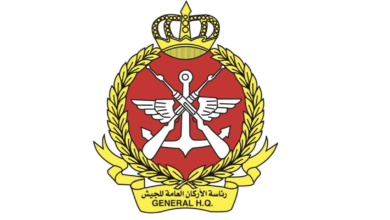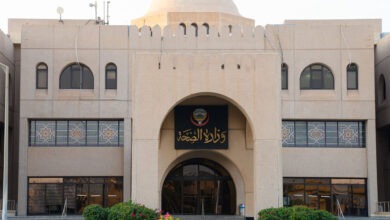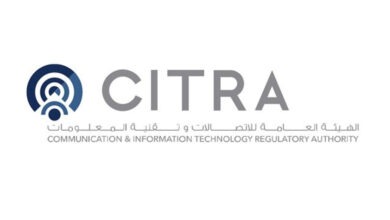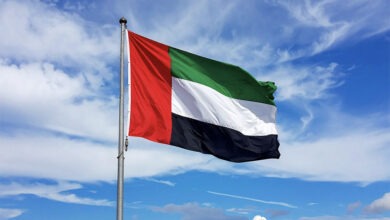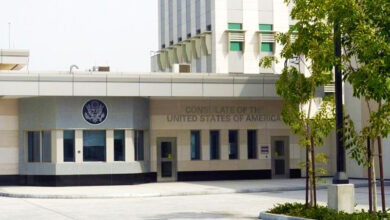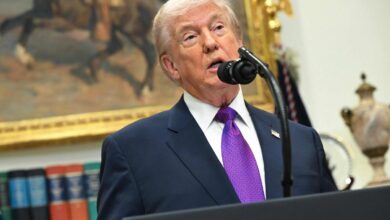Kuwait hosts GCC workshop on crisis management and energy facility protection
'Maritime security; infrastructure is of strategic importance and must be safeguarded by all means to ensure uninterrupted energy flow'.
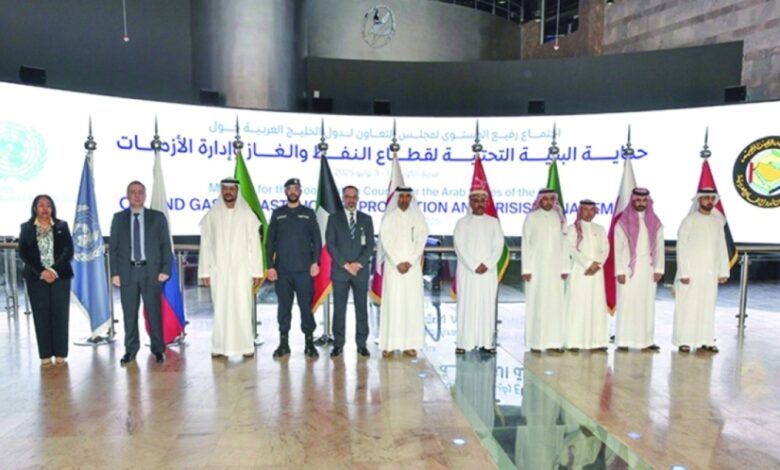
A high-level workshop on the protection of oil and gas infrastructure and crisis management was launched in Kuwait, bringing together key regional and international stakeholders. The three-day event is jointly organized by the United Nations Office of Counter-Terrorism, the Kuwait Oil Company, and the Gulf Cooperation Council (GCC) Emergency Management Centre.
In a recorded speech during the workshop, GCC Secretary-General Jassim Al-Budaiwi emphasized the global importance of Gulf energy exports, calling them a “fundamental pillar of global supply.” He also highlighted the region’s ambitious development plans, which are expected to significantly increase domestic energy demand, reports Al-Rai daily.
Al-Budaiwi pointed to three critical challenges faced by the Gulf states: adapting to the global energy transition, meeting rising domestic energy needs, and ensuring the protection and stability of energy supply chains. He noted that the Asia-Pacific region, projected to account for 50% of global GDP by 2040, will drive much of this growing demand.
He also underscored the rising risks posed by modern warfare and instability, stating that air attacks — including those involving ballistic missiles, cruise missiles, and drones — have become a defining feature of the region’s threat landscape. These weapons, increasingly accessible to both state and non-state actors, pose serious threats to energy infrastructure.
Al-Budaiwi further warned that ongoing conflicts threaten not only regional supply chains but also major international development initiatives, such as EU–Middle East connectivity projects and Eastern Mediterranean energy development.
UN Undersecretary-General for Counter-Terrorism Vladimir Voronkov echoed these concerns, stressing that energy systems are highly attractive targets for terrorist groups. A single successful attack, he said, could paralyze healthcare, transportation, water supply, and food security systems—causing immediate and far-reaching destabilization.
Dr. Rashid Al Marri, Chairman of the GCC Emergency Management Center, said the workshop is a key opportunity to strengthen cooperation and share expertise in protecting one of the region’s most vital sectors. He stressed the need for heightened readiness to counter threats, both direct — like terrorist or cyberattacks — and indirect, such as those stemming from geopolitical instability.
Al Marri revealed that the GCC has created a comprehensive emergency plan addressing 13 types of risks, including those specifically linked to energy security. He stressed that the center operates through collaboration and integration, not isolation.
Kuwait Oil Company’s Deputy CEO for Commercial and Shared Services, Musaed Al-Rasheed, also spoke during the session, noting that emergency response planning has evolved. “We are no longer just responding to minor incidents or fires. Today, we must account for a wide range of threats —from geopolitical risks to cyberattacks and market volatility,” he said.
Al-Rasheed highlighted the strategic importance of maritime security to ensure uninterrupted energy flows and emphasized the critical need for regional and international partnerships to safeguard energy infrastructure under all circumstances.







